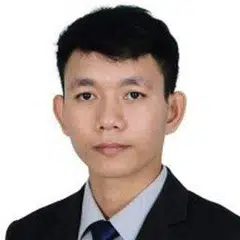What is China's role in Cambodia's upcoming election?
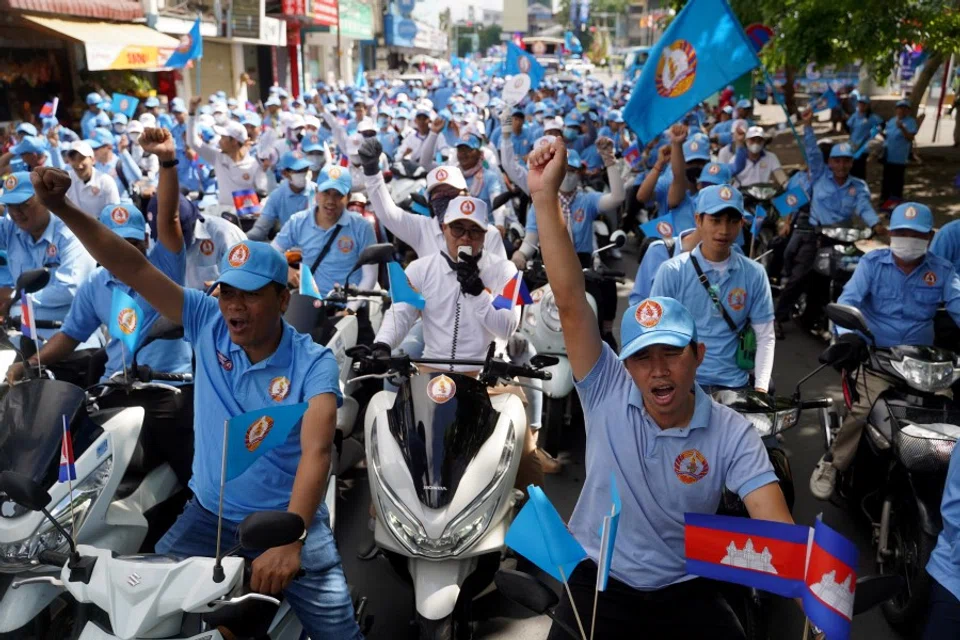
Leading up to Cambodia's national election on 23 July, the ruling Cambodian People's Party (CPP) used its usual tactics to secure seats in the national assembly, including by excluding the Candlelight Party (CLP) in the election and sentencing former president of the Cambodian National Rescue Party (CNRP) Kem Sokha to house arrest for 27 years and banning him from participating in politics. The decision of the CPP-led government led to reactions and concerns from the US, Western countries and human rights groups.
In March 2023, the US referred to the guilty verdict against Kem Sokha as a "miscarriage of justice" based on "fabricated conspiracy" and "politically-motivated charges". In May 2023, the US State Department released a statement expressing concerns about the exclusion of the CLP in the 23 July election. Without the CLP's participation, the CPP would be able to secure 125 seats in the parliament as CLP is the remaining viable opposition party in the kingdom.
This is not surprising given the fact that this is not the first time that the CPP-led government has been criticised by the US and Western countries over Cambodia's democratic backwardness.
In 2017, the US and Western countries criticised the CPP-led government, after the government's decision to dissolve the CNRP. Thereafter, the US, Western countries and Japan decided not to send observers to monitor the 2018 election and did not recognise the election result. What is more, in December 2018, the US imposed visa restrictions on senior figures and security forces of the Cambodian government. In February 2020, the European Union (EU) partially suspended Cambodia's trade privilege of Everything But Arms (EBA) to the countries in Europe, citing democratic backwardness and human rights violations back in 2018. This approach was very severe given the fact that in the past, the EU only withdrew trade schemes with countries that had serious human violations such as Myanmar, Sri Lanka and Belarus.
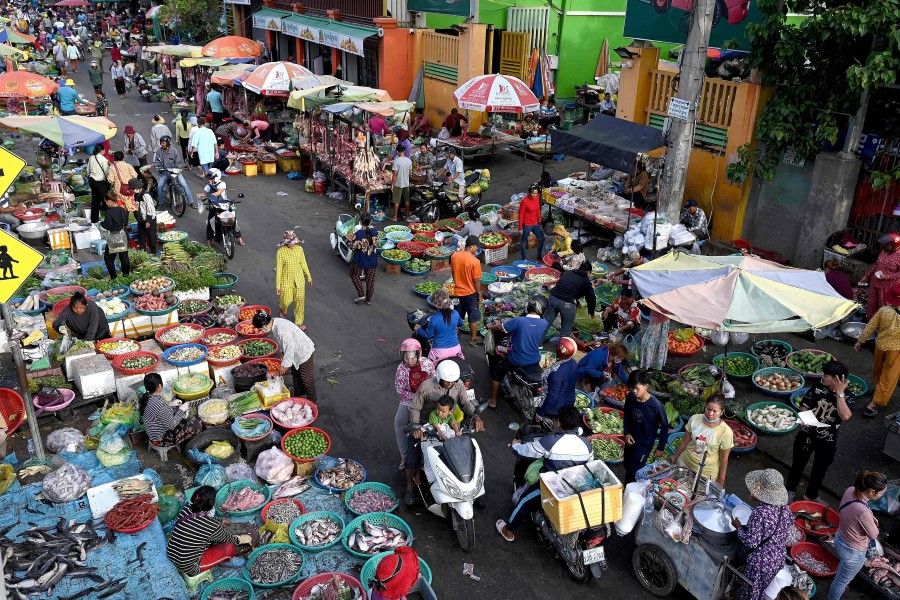
Despite these steps, the US and Western countries still want to maintain their influence on Cambodia. This can be seen from the EU's decision to keep 80% of Cambodia's export products under EBA and the US is still conducting the assessment of the Generalized System of Preferences (GSP) before renewing the GSP for Cambodia's exporting products, which expired in 2021.
... criticism from the US and Western countries over Cambodia's democratic practices is now not as effective as it was in the past.
The criticism of the US and Western countries on Cambodia in the past was really effective and a concern for the Cambodian government. While calling the US and Western countries' approach to Cambodia as a case of "double standards", the government still provided some political space for some viable opposition parties and independent media to survive such as CLP and VOD News respectively.
Western criticism of Cambodian elections losing its effect
Nevertheless, criticism from the US and Western countries over Cambodia's democratic practices is now not as effective as it was in the past. This can be seen from the Cambodian government's move to tighten political space and ban the CLP from participating in the 23 July election. The current approach seems to contradict popular belief that the government will allow for more political space. This is very significant for the CPP, which seeks to increase its legitimacy via free and fair elections, and plans to effect a transfer of power from senior members of the party to the younger generation after the elections.
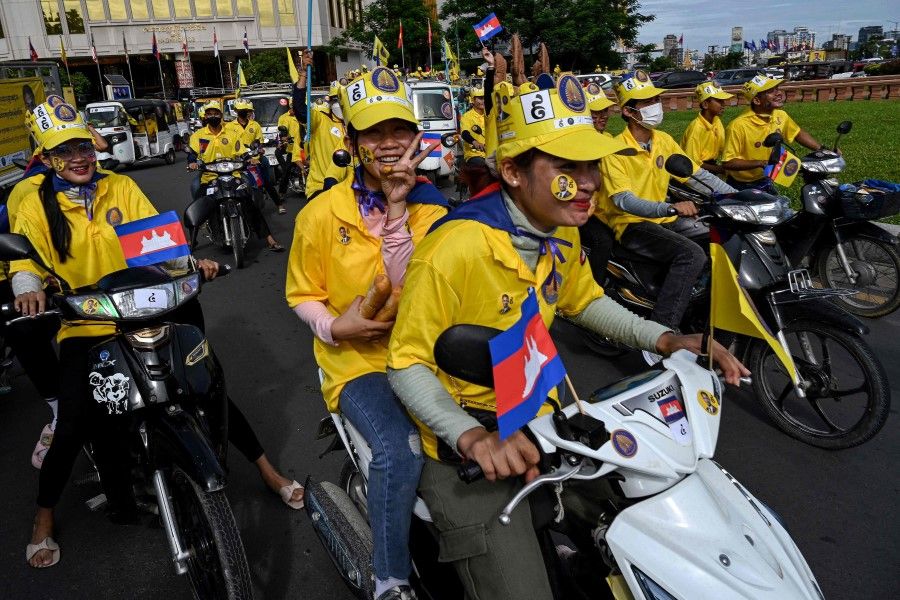
There are three reasons why the CPP-led government decided to tighten political space in the country. Firstly, the absence of a strong opposition party and maintaining the image of the ruling party. During the CNRP's existence from 2012-17, the government was very cautious about arresting top CNRP leaders, including Kem Sokha and Sam Rainsy. But the party was eventually dissolved in 2017 - with allegations that Kem Sokha had plotted against the government while Sam Rainsy had insulted Cambodia's king. Such allegations gave the government sufficient cause to have the CNRP dissolved by the Supreme Court. The government has used the court system to detain and oppress former CNRP members and members of the CLP party.
The opening ceremony of the SEA Games held at the Chinese funded-Morodok Techo Stadium aroused a sense of nationalism and national pride among the Cambodian people...
Secondly, the CPP has done a great job over the past few years, such as in dealing with the economic crisis and the Covid-19 pandemic. Cambodia was the first country to lift the curfew and had vaccinated 93.58% of its 15 million population. The CPP-led government also successfully hosted the ASEAN summit, dealing with many issues such as the Myanmar domestic political crisis and Russia's Ukraine war. The 2022 ASEAN Chairmanship is considered to be one of the challenging years for ASEAN.
Another significant success that boosted the image of the CPP-led government is the hosting of 32nd Southeast Asia Games (SEA Games). The opening ceremony of the SEA Games held at the Chinese funded-Morodok Techo Stadium aroused a sense of nationalism and national pride among the Cambodian people particularly at a time when there was animosity against Thai people as they claimed that most of Cambodian culture was adopted from Thailand. Cambodian people believe Thai people had migrated from Southern China and adopted Cambodian culture and tradition. The opening ceremony showcased Cambodia's traditional culture such as martial art forms Kun Khmer and Lbok Kator, and the Apsara dance, in a spectacular display of laser lights, fireworks and pioneering projection mapping.
Rise of China's influence
Increasing ties between Cambodia and China and China's greater role in the region has seen China playing a balancing role against the pressure and criticism from the US and Western countries. The Chinese government frequently provided support to the CPP-led government in times when there was pressure and sanctions from the US and Western countries. In 2018, while the US and Western countries did not recognise the election result, China was the only country to do so. Chinese President Xi Jinping sent a congratulatory message to Cambodia's Prime Minister Hun Sen after the CPP won 125 seats in the parliament, while the US and Western countries imposed some specific sanctions on Cambodia and Cambodian top government's officials.
The US's previous approach of pressuring Cambodia only pushed Cambodia closer and closer to China.
The US government has come to realise that the increasing influence of China in Cambodia and ASEAN has softened the US's pressure in the region. This can be seen from the way that the US has expressed concerns of Cambodia's close relations with China as the primary concerns while Cambodia's democratic practice is secondary. Additionally, the US agencies in Cambodia such as the United States Agency for Development (USAID) and Voice of America (VOA), have become soft in criticising the Cambodian government. The US's previous approach of pressuring Cambodia only pushed Cambodia closer and closer to China.
Solid bilateral and party relations
The CPP-led government has built very close relations with China including party-to-party relations. In July 2021, Hun Sen, in his capacity as the president of CPP, sent a letter to Xi Jinping, General Secretary of the Chinese Communist Party (CCP) Central Committee, on the CPC's 100th anniversary. Hun Sen expressed desire to elevate the party relations between the CPP and the CCP. In October, 2022, Cambodian Prime Minister and his oldest son, Hun Manet, sent a congratulation message to Xi after the latter got re-elected as the general secretary of the CCP. The message was sent on behalf of the CPP rather than in his role as Cambodia's prime minister.
This exchanging of messages indicates strong personal and political relations between the two parties. China also continues to provide loans and assistance for Cambodia's infrastructure development.
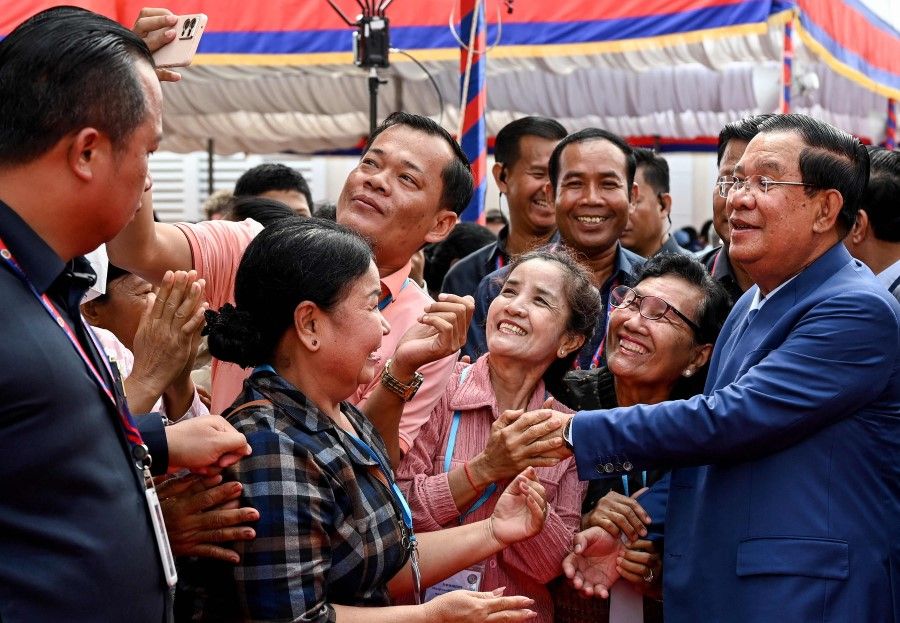
This exchanging of messages indicates strong personal and political relations between the two parties. China also continues to provide loans and assistance for Cambodia's infrastructure development. This in turn helps to enhance the legitimacy of the ruling party particularly in times of political space narrowing for opposition parties and dissidents. For example, China provided funds of US$2 billion for the construction of a highway, connecting Phnom Penh to Preah Sihanoukville. A month ahead of the national election, Cambodia Prime Minister Hun Sen announced that construction, with Chinese assistance, was starting on the building of a US$1.37 billion expressway connecting Phnom Penh to the eastern part of Cambodia at the Cambodia-Vietnam border. Such infrastructure development continues to bolster the CPP's image.
In conclusion, it is expected that the upcoming election will be less competitive in which there are no viable opposition parties participating in the election. Cambodia's electoral committee has excluded the CLP from participating in the election. However, the US and Western countries will put little pressure on the Cambodian government. This is due to the increasing popularity of the ruling party and China's increasing influence and power in the region.
